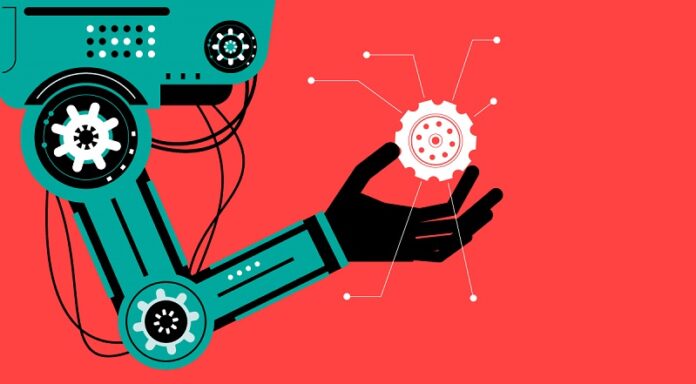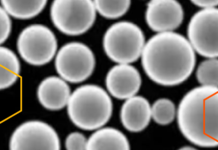Industrial automation is a solution to the various challenges that industries are facing in today’s markets. These challenges include a demand for higher quality consistent products, competitive prices, and new products. Some industries are fully automated, while others have automated certain parts of their manufacturing processes. Essentially, it uses computers and technology to replace the manual human labor. Industrial automation engineering technology is the term for the actual systems that allow for automation. This includes electronics, hydraulics, mechanics electrical, computing, pneumatics, motors and other processes.
Advantages
An automated system has many advantages over a manual system of manufacturing.
- Productivity: An automated system can massively increase productivity, which is very important for a mass-producing industry. It decreases the assembly time of the product, which means that there is a higher production rate
- Reduced Cost: Automation processes reduce the cycle time and effort needed for production. There’s also reduced human input. Product production is faster, and manpower investment is much lower.
- Increased Product Quality: The product quality is higher in an automated system than in a manual system. Human input is reduced, therefore human error is reduced.
- Product Consistency: The quality of the product is much more consistent. Automated machines are producing the same process repeatedly, and with much greater accuracy. Each output is identical to the one before it.
- Reduction of Routine Checks: In manual production, the human operators must routinely check that the equipment is performing with the desired parameters. However, an automated system self regulates, and essentially checks itself to ensure that the parameters are being met.
- Increased Safety: There’s always a safety risk when using human operators, but this risk isn’t present in an automated process.
Types of Automation
There are three general types of automated systems, hard or fixed automation, soft or flexible automation, and programmable automation.
Hard automation is used for repetitive manufacturing processes. It’s very efficient, and can reduce the production time. However, it is fixed in its operations, which are usually quite simple. Operations tend to be rotational, linear, or a straightforward combination. It can be very difficult to adjust the product design. The units are relatively inexpensive in terms of the initial outlay.
Soft automation is capable of producing a variety of products or parts while allowing for quick adjustment. It can continually produce varying products, without the need for a long and complicated set up. However, soft automated machinery can be relatively expensive.
Programmable automation is most often used for batch production. It is controlled by a program, which allows a class of changes to be made easily. However, setting up a new program can be difficult and time consuming. The initial investment can be costly.
What is an Automation Engineering Technician And What Do They Do?
An automation engineering technician uses engineering, science and mathematics to create and apply technology and machinery to provide solutions for problems in various industries. They address problems in many areas of different industries, such as product quality control, manufacturing, utilities, and many others. Automation is found in so many industries, and in many of the day to day interactions people have every day. An ATM is an automated process, automatic doors are another example. It is present everywhere, and industries must look at it as an answer to the challenges they face. It produces a consistent, high quality product. The reduced investments into manpower, high ROI coupled with an increase in the production rate means that adopting an automated approach is one of the wisest investments a company can make.








